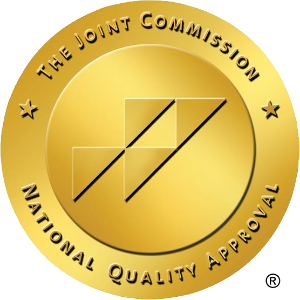Exposure to childhood trauma has been linked to substance use disorders. Childhood trauma, physical and sexual abuse as well as neglect can create traumatic life experiences. The emotional scars left behind from unresolved trauma can create a need to numb the emotional pain and anxiety.
Childhood Trauma
Childhood trauma makes individuals more susceptible to cognitive deficits, psychiatric illnesses and substance use disorders. Studies show that teens who have experienced physical or sexual abuse or assault were three times more likely to report past or current substance use. Trauma can negatively affect brain development and impair normal development of neuronal pathways. The changes in the brain structure and chemical activity can have a wide variety of effects on children’s behavioral, emotional and social functioning.
The Effects of Stress
Trauma loads during stress-sensitive periods of adolescence have been related to depression and symptoms of PTSD. Early trauma can increase the risk of substance use disorders. Individuals are more prone to self-medicate and numb symptoms that trigger stress responses and increase cortisol levels. Research studies have found that cocaine-dependent individuals that suffered from PTSD prior to their substance abuse had been exposed to some form of childhood abuse and/or trauma. Stress is a well-known factor for relapse. Each individual’s reaction to adverse, uncontrollable and unpredictable events can be associated with risk factors for addiction and/or relapse. Toxic stress can alter brain development in ways that make interaction with others more difficult.
Finding Healthy Ways to Cope
It’s important to protect yourself from blaming and shaming. Accessing your feelings through therapeutic treatment can be a great way to do this. You can improve your self-esteem and learn how to utilize coping strategies. Focusing on effective communication, finding a new hobbies, daily exercise and journaling can assist in your journey for a life free of emotional pain.




